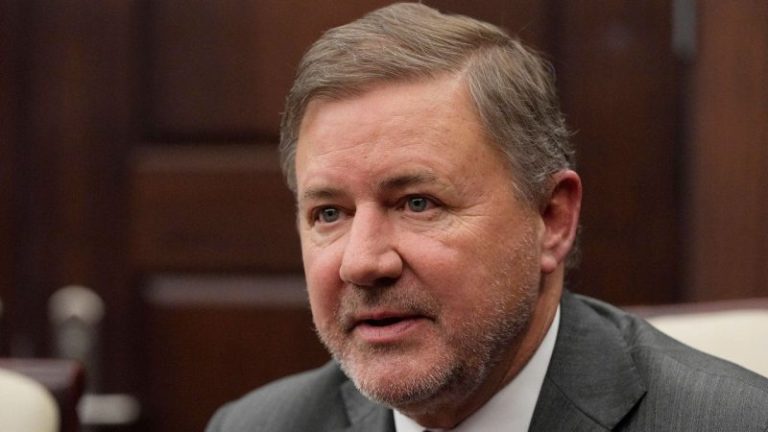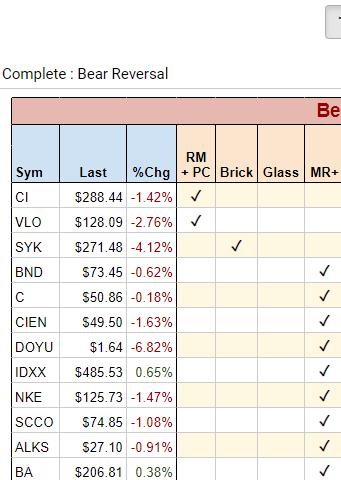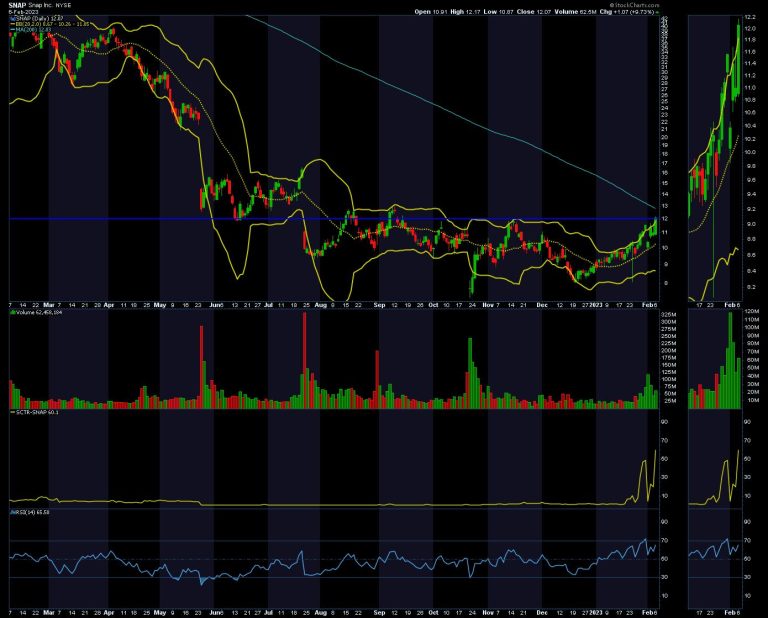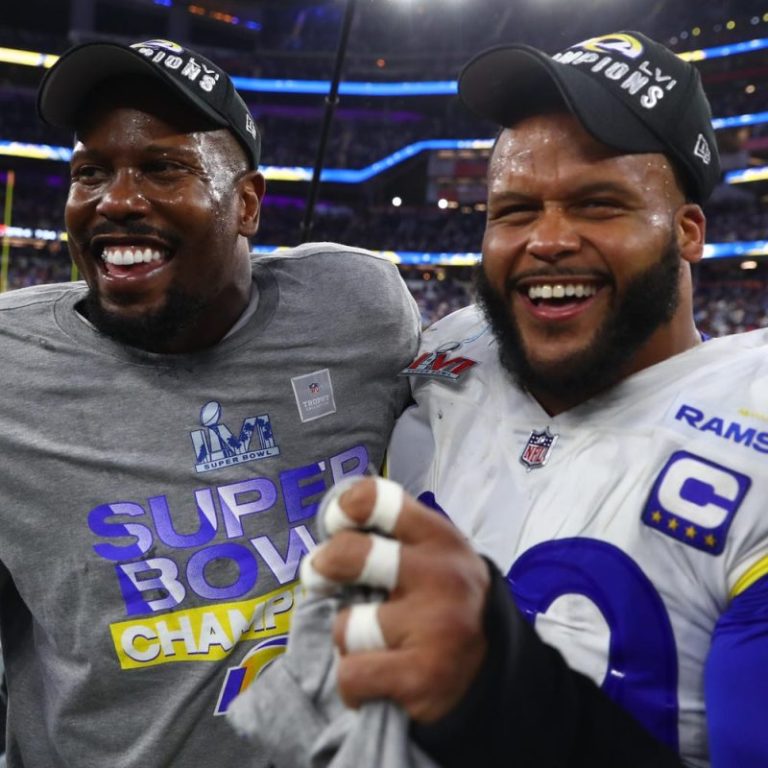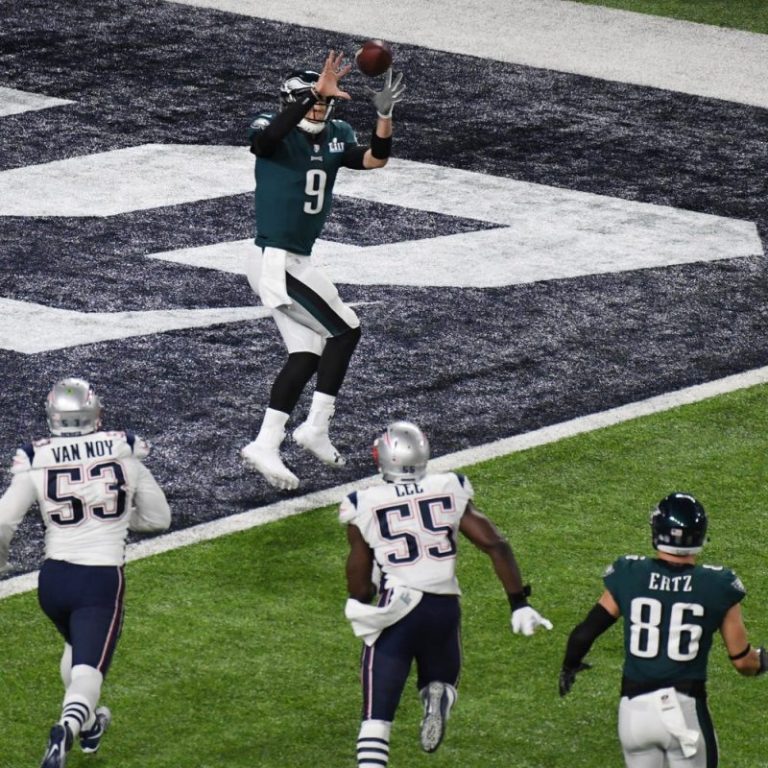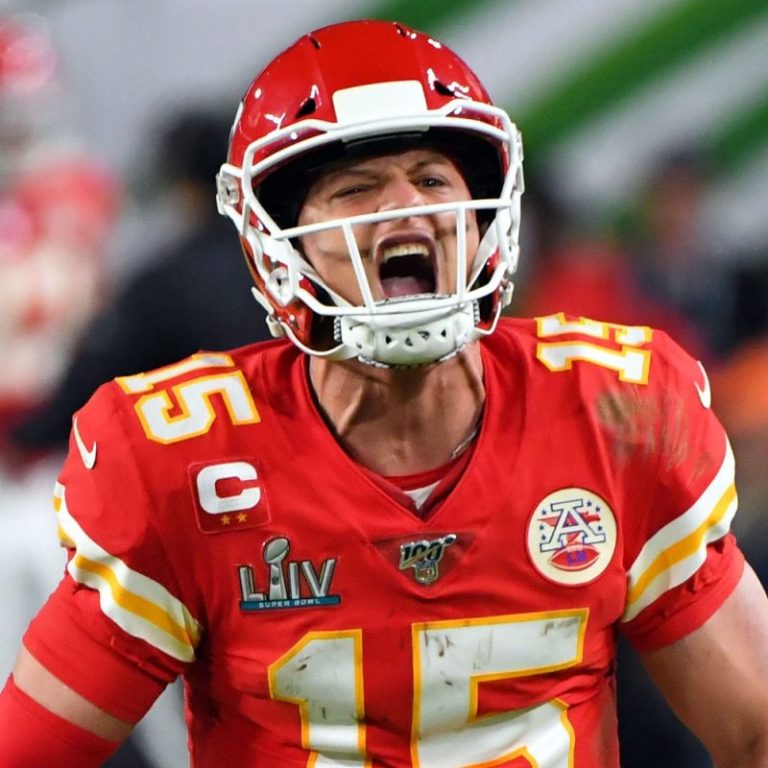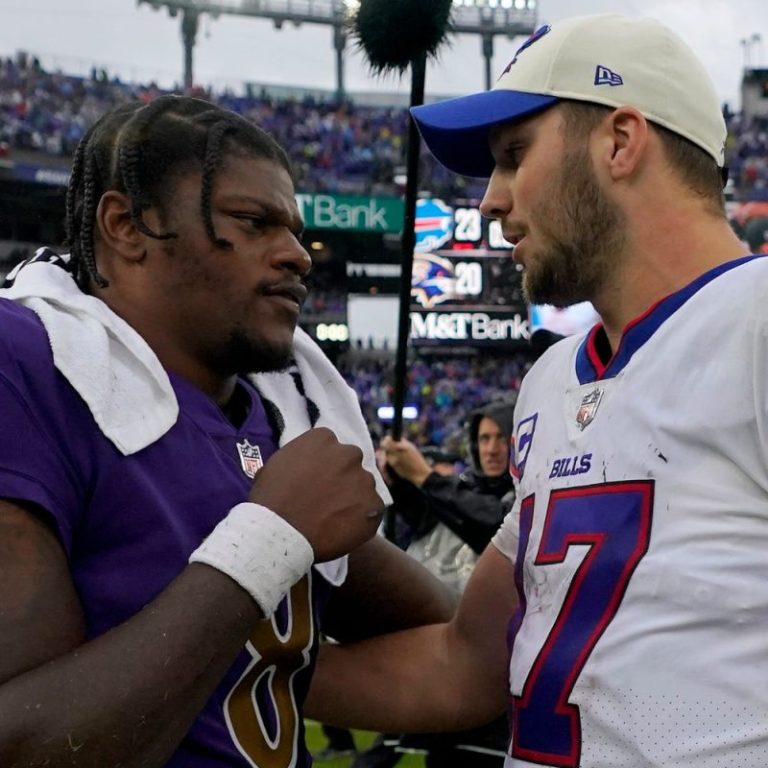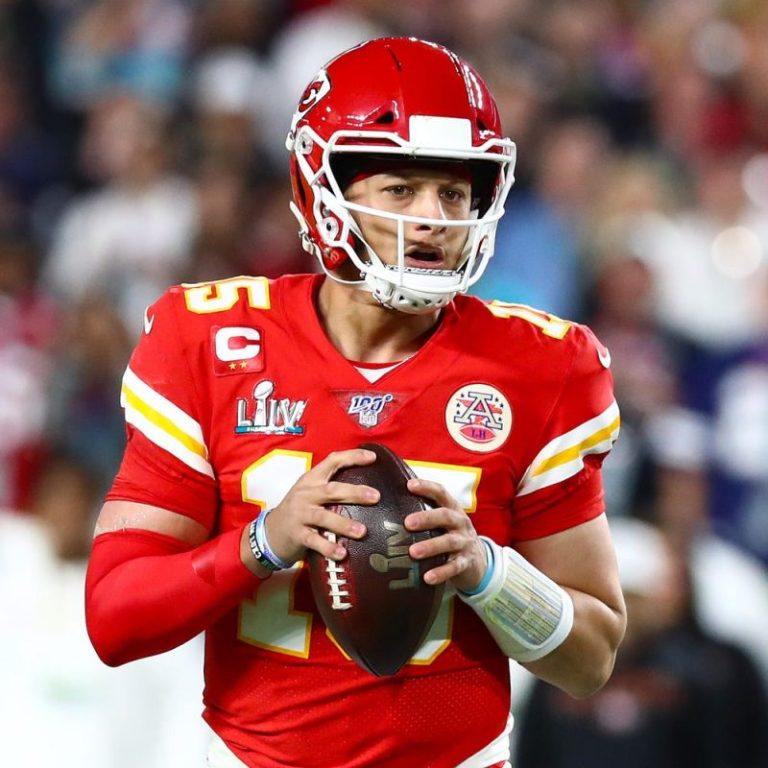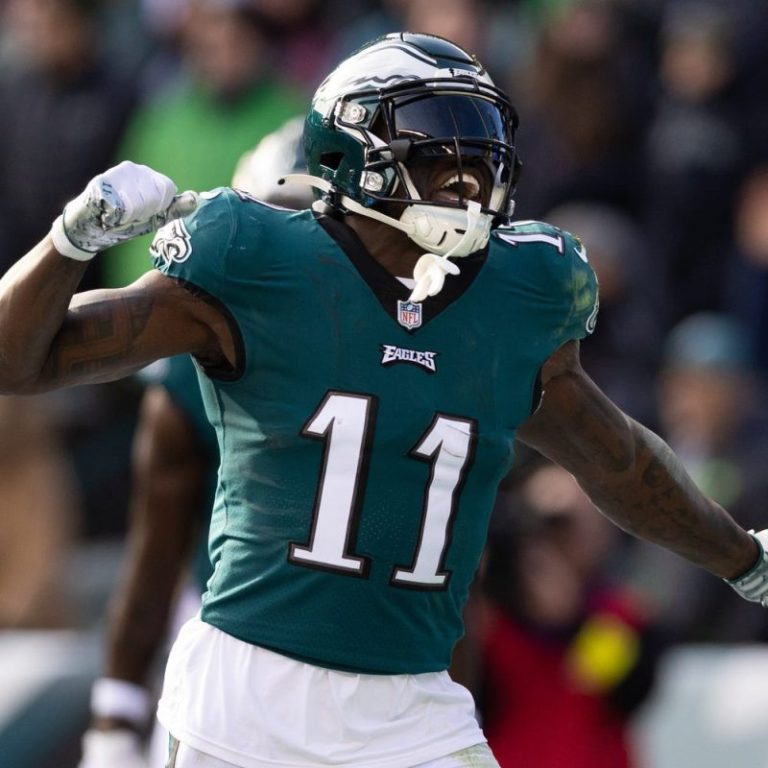The 2022 Kansas City Chiefs and Philadelphia Eagles will become the 113th and 114th Super Bowl participants on Feb. 12, 2023, when they cross paths at State Farm Stadium in Glendale, Arizona. Through the years, there have been several dominant squads, some which caught lightning in a bottle at just the right time and others seemingly poised for greatness that ultimately fell just short in the NFL’s biggest game.
With that in mind as Super Bowl 57 (LVII) approaches, here are what I believe to be the 57 greatest teams to play on Super Sunday – and not all of them won:
1. 1985 Chicago Bears, won Super Bowl 20 (XX)
Pure dominance. Their 15 regular-season wins came by an average of 18.1 points. The defense collected 64 sacks while allowing just 12.4 points a week. Chicago shut out the Giants and Los Angeles Rams in the NFC playoffs before an epic 46-10 Super Bowl dismantling of New England. All told, the Bears outscored their postseason opponents 91-10. Sure, it would have been nice to see a rematch with QB Dan Marino and the Dolphins, who handed Chicago its only loss of 1985, on Super Sunday. And maybe you’d like the best team of all time – arguably – to feature a more renowned quarterback than Jim McMahon. But the fact that an offense led by RB Walter Payton (1,551 rushing yards) was almost extraneous also illustrates just how transcendent coordinator Buddy Ryan’s ’46 defense’ was. And a little flair should count for something, and with McMahon, Payton, Ryan, DT William ‘Refrigerator’ Perry, MLB Mike Singletary, coach Mike Ditka and many others – most getting star turns with ‘The Super Bowl Shuffle’ – the ’85 Bears had character(s) in spades.
Super Bowl Central: Super Bowl 57 odds, Eagles-Chiefs matchups, stats and more
2. 1984 San Francisco 49ers, won Super Bowl 19 (XIX)
They lacked the pizzazz of the ’85 Bears and perhaps don’t get their due given the historical proximity to that Chicago team. It’s also challenging to distinguish the great Bill Walsh-Joe Montana San Francisco teams that dominated the 1980s. But this bunch was unique. These Niners were the first to win 15 regular-season games (average margin of victory was nearly 17 points), a feat Chicago would match a year later – and they remain the only teams to finish 18-1 and claim rings. Before suffocating a spectacular Dolphins team, Marino’s best, 38-16 in the Super Bowl, the 49ers vanquished the Giants and Bears by a combined score of 44-10 in the NFC playoffs (those franchises would win the next two Super Bowls with teams ranking among the best ever). And this all occurred a year before WR Jerry Rice arrived.
3. 1989 49ers, won Super Bowl 24 (XXIV)
Comparing them to their ’84 brethren engenders a chocolate versus vanilla debate. The ’89 Niners – Rice by now the league’s top wideout – were a touch less formidable in the regular season, going 14-2 with an average victory margin just short of 14 points. But boy did that ’89 juggernaut hit overdrive in the playoffs, winning its three games by a combined 126-26. Their 55-10 beatdown of the Broncos is the most lopsided in Super Bowl history and also represents the most points scored by one team. However, the postseason competition for the ’89 Niners didn’t approach what the ’84 team faced. With a career-best 112.4 QB rating, Montana earned league (and, later, Super Bowl) MVP honors.
4. 1972 Miami Dolphins, won Super Bowl 7 (VII)
Yes, it’s the only team to win a Super Bowl without dropping a game (17-0), and there’s no real counterargument for ‘perfection.’ But it’s also a lazy argument. Miami won its three postseason games by a combined 17 points. It also feasted on a horrid regular-season schedule that included just two teams finishing with winning records (both a middling 8-6). This isn’t meant to shade the Fins and their ‘No-Name Defense,’ a roster with six Hall of Famers plus Don Shula, the winningest coach in NFL history. But context matters, and it already seems a concession ranking the ’72 Dolphins ahead of 1970s contemporaries in Pittsburgh, Dallas and even Oakland. A special group indeed but not the most special for my money.
5. 1991 Washington, won Super Bowl 26 (XXVI)
After going 14-2 and outscoring its foes by 261 points in the regular season, this team swept through the playoffs with an average margin of victory better than 20 points. The only Washington team to win a Super Bowl in a non-strike season, this underappreciated band would have gone all the way in most years. Washington topped 40 points five times and blanked three teams, so excellent balance – and that extended to special teams and return man extraordinaire Brian Mitchell.
6. 1994 49ers, won Super Bowl 29 (XXIX)
With QB Steve Young now at the helm, they became the only Niners team to surpass 500 points in the regular season. After thwarting a three-peat bid by the Cowboys, they cruised past the outclassed San Diego Chargers in the Super Bowl, when Young threw a game-record six TD passes (while Rice and RB Ricky Watters found the end zone three times apiece). And don’t forget the other side of the ball, which featured Defensive Player of the Year Deion Sanders.
7. 1975 Pittsburgh Steelers, won Super Bowl 10 (X)
It feels a touch disrespectful waiting this long to mention the Steel Curtain dynasty, perhaps the league’s greatest. The issue? None of those teams seemed to feature its wealth of Hall of Famers at a simultaneous apex, the defense largely showing the way in the early ’70s before the offense truly flourished later in the decade. (The 1976 Steelers, who did not win or even reach the Super Bowl, might have been the best of their era, but injuries waylaid them in postseason.) Still, the ’75 team’s case is compelling given a 12-2 record and the largest point differential (+211) in franchise history. Throw in a Super Bowl win against a Cowboys team that was nearly as good, and you have the makings of a powerhouse deserving recognition as one of the NFL’s 10 greatest teams.
8. 1999 St. Louis Rams, won Super Bowl 34 (XXXIV)
Though many sophisticated passing attacks had shined previously, the ‘Greatest Show on Turf’ was in some ways the vanguard of today’s pass-oriented game. QB Kurt Warner, RB Marshall Faulk and WRs Isaac Bruce and Torry Holt truly resembled a game of ‘Madden’ come to life, St. Louis’ 13 regular-season wins coming by an average of nearly 23 points. Remarkably consistent, the Rams were held to fewer than 20 points just once (in the NFC title round by Tampa Bay) and eclipsed 30 points 13 times. And Warner’s ascension from complete unknown to league MVP and, ultimately, a Hall of Famer is a quintessential rags-to-riches tale. If there’s a blemish, it would be a labored playoff run that included a semi-controversial win in the aforementioned 11-6 defeat of the Bucs and a near escape from the Tennessee Titans in the Super Bowl.
9. 1996 Green Bay Packers, won Super Bowl 31 (XXXI)
It may seem heretical to list QB Brett Favre’s Packers ahead of Vince Lombardi’s teams. But the 1960s dynasty – it won five NFL championships in seven years – was at its zenith before the Super Bowl came into existence, the 1962 edition the premier collection of talent. Three decades later, Favre was in the midst of becoming the only player to earn MVP hardware in three consecutive seasons. Reggie White, arguably the best defensive lineman ever, remained a force, collecting a record three sacks of Patriots QB Drew Bledsoe in the Super Bowl. And from a numbers standpoint, this club ranks favorably with any in Green Bay’s vaunted history, going 13-3 in the regular season before trashing its playoff opponents by an average of 17.3 points.
10. 1973 Dolphins, won Super Bowl 8 (VIII)
Though they ‘only’ went 15-2, playoffs included, proponents believe this Miami team might have been superior to the undefeated ’72 squad. The ’73 Fins were certainly more dominant in postseason, their average margin of victory 17.3 points.
11. 2013 Seattle Seahawks, won Super Bowl 48 (XLVIII)
They get my vote as the preeminent single-season team of the 21st century. Patriots fans will doubtless disagree, citing Seattle’s loss to New England in the following year’s Super Bowl – though most everyone can probably agree Seahawks coach Pete Carroll gifted the Pats that title. Perhaps more germane, the ‘Legion of Boom’ and Co. thoroughly throttled Denver, sporting the most prolific offense in league history, 43-8 in the Super Bowl two weeks after the Broncos handled the Patriots in the AFC championship game. Be interesting to see how history regards the LOB given what it accomplished in this era, surrendering a paltry 172 passing yards per game in 2013.
12. 1978 Steelers, won Super Bowl 13 (XIII)
The offense had perhaps overtaken the famed defense by then, evidenced by a 35-31 victory over Dallas when league MVP Terry Bradshaw won the first of his two Super Bowl MVPs.
13. 1998 Denver Broncos, won Super Bowl 33 (XXXIII)
Their title defense was shaping up as legendary, what with a 13-0 start to the season and RB Terrell Davis on his way to 2,008 rushing yards and the MVP trophy. Denver fans loved seeing QB John Elway retire as the Super Bowl MVP … and probably breathed a sigh of relief that the Broncos drew Atlanta instead of an explosive Vikings group on Super Sunday.
14. 1966 Packers, won Super Bowl 1 (I)
After a slow start, they pulled away to win the first Super Bowl 35-10 – for you nitpickers, the game was officially dubbed the ‘AFL-NFL World Championship Game’ at the time – which came with quite a bit of pressure for Lombardi since the world assumed such an outcome was a foregone conclusion.
15. 1968 New York Jets, won Super Bowl 3 (III)
Their landmark Super Bowl defeat of the Baltimore Colts, guaranteed by brash QB Joe Namath, is widely regarded as the most important game in the history of professional football for legitimizing the pending merger of the AFL and NFL. Though deserved underdogs against an imposing Baltimore outfit, the Jets weren’t a fluke, fueled by Hall of Famer Namath’s deep passing to a pair of 1,100-yard receivers (George Sauer and HOFer Don Maynard). Yet it was RB Matt Snell’s running and an underrated defense that put the vise on the Colts in a 16-7 triumph that wasn’t that close.
16. 2007 New England Patriots, lost Super Bowl 42 (XLII)
They had a bad game at the worst time, narrowly losing the Super Bowl 17-14 to the Giants. Point conceded, but still – this New England squad will forever be the only team to navigate a 16-0 regular season. QB Tom Brady became the first player to throw 50 TDs in a season, 23 to WR Randy Moss – still a single-season record for scoring grabs. The Pats outscored the opposition by an average of 19.7 points, easily the best in this proud franchise’s history, exceeding 30 points scored in 13 of 19 games. They couldn’t close the NFL’s first 19-0 season, but they still deserve a lofty perch on this list … even without a trophy.
17. 2016 Patriots, won Super Bowl 51 (LI)
They overcame Brady’s four-game ‘Deflategate’ suspension, TE Rob Gronkowski’s season-ending injury and a 28-3 third-quarter deficit against the Atlanta Falcons to emerge with the first overtime victory in Super Bowl history.
18. 1971 Dallas Cowboys, won Super Bowl 6 (VI)
With coach Tom Landry, QB Roger Staubach and the Bob Lilly-led ‘Doomsday Defense,’ good luck finding a better edition of what would become ‘America’s Team.’ Dallas limited the Dolphins, who would go undefeated the following year, to a Super Bowl record-low three points.
19. 1969 Kansas City Chiefs, won Super Bowl 4 (IV)
They get overshadowed by the ’68 Jets but had the better collection of talent while giving the AFL its second Super Bowl win before the 1970 merger. A defense that boasted six Hall of Famers deserves more acclaim after allowing the fewest points, rushing yards, passing yards and total yards in the AFL that year while posting a league-high 47 takeaways.
20. 1992 Cowboys, won Super Bowl 27 (XXVII)
Let’s anoint them the best of the 1990s ‘Triplets’ Cowboys. Dallas set a franchise record with 13 regular-season wins before WR Michael Irvin, RB Emmitt Smith and Super Bowl MVP Troy Aikman planted their dynasty flag with a 52-17 Super Bowl rout of Buffalo … though DT Leon Lett’s showboating cost his team the Super Sunday scoring record.
21. 1968 Baltimore Colts, lost Super Bowl 3 (III)
They’ll forever bear the cross of surrendering the NFL’s perceived dominance after getting blasted by the Jets. But prior to that, Baltimore was making its case as the best team ever, even with Hall of Fame QB Johnny Unitas sidelined. Led by league MVP Earl Morrall, the Colts went 13-1, winning their regular-season games by an average of 20.6 points. Baltimore took the NFL crown by collectively beating the Vikings and Cleveland Browns 58-14 in the playoffs.
22. 1986 New York Giants, won Super Bowl 21 (XXI)
Big Blue’s first Super Bowl team was led by LB Lawrence Taylor, the last defensive player named league MVP. But QB Phil Simms stole the show on Super Sunday, completing 22 of 25 passes in a 39-20 defeat of Elway’s Broncos. New York won its three playoff games by an average of 27.3 points, including a 49-3 beatdown of Montana’s Niners.
23. 2017 Philadelphia Eagles, won Super Bowl 52 (LII)
When presumed league MVP Carson Wentz was lost to a torn ACL in Week 14, it seemed a foregone conclusion that Philadelphia’s Super Bowl drought would endure. But QB Nick Foles stepped into the breach and won Super Bowl MVP honors, winning a thrilling 41-33 shootout with Brady that included a record 1,151 yards of offense. ‘Philly Special’ indeed.
24. 2009 New Orleans Saints, won Super Bowl 44 (XLIV)
They started 13-0, but a three-game slide to end the regular season suggested another chapter of playoff futility. Coach Sean Payton and QB Drew Brees, however, wound up throwing a Lombardi Gras party four years after the city suffered Hurricane Katrina, beating teams quarterbacked by Warner, Favre and Peyton Manning in postseason.
25. 2004 Patriots, won Super Bowl 39 (XXXIX)
The second time a franchise won three Super Bowls in four years and the last to repeat, these Patriots established a record by winning 21 games in a row, a streak initiated by the 2003 crew.
26. 2000 Baltimore Ravens, won Super Bowl 35 (XXXV)
Their dominion is all the more impressive considering they didn’t win the AFC Central nor averaged 21 points a week. Naturally, defense was the story of this team, which allowed just 10.3 points per game, fewest since the schedule expanded to 16 games in 1978. In four playoff wins, Baltimore ceded a meager 23 points, and Super Bowl MVP Ray Lewis’ unit pitched a shutout against the Giants (New York’s points came off a kickoff return).
27. 1976 Oakland Raiders, won Super Bowl 11 (XI)
Though their 13-1 record suggests a cakewalk, Oakland scuffled through the first part of the season, even suffering a 31-point loss at New England. But the Silver and Black peaked late, rolling over Minnesota’s ‘Purple People Eaters’ 32-14 in the Super Bowl.
28. 2002 Tampa Bay Buccaneers, won Super Bowl 37 (XXXVII)
Using their famed ‘Tampa 2’ defense – with help from first-year coach Jon Gruden – the Bucs notched their first title with a thorough Super Bowl defeat of the Raiders, whom Gruden coached the previous year. Tampa Bay picked off league MVP Rich Gannon five times, three of those swipes of the pick-six variety.
29. 1997 Broncos, won Super Bowl 32 (XXXII)
They didn’t win the AFC West but did finally notch the franchise’s first championship, exacting playoff revenge on the Jacksonville Jaguars before Elway, Davis and Co. dethroned Favre’s Packers.
30. 2020 Buccaneers, won Super Bowl 55 (LV)
A free agent for the first time, Brady surprisingly bolted New England and popped up in Tampa. He didn’t need long to work his magic with the Bucs, who went 4-0 on the postseason wild-card route … and routed the defending champion Chiefs 31-9 in the Super Bowl. Brady was named the game’s MVP for a record fifth time, and his seventh ring gave him more than any NFL franchise. However, the Buccaneers defense’s steamrolling of a 14-2 Kansas City team while terrorizing QB Patrick Mahomes was the story of Super Sunday.
31. 2014 Patriots, won Super Bowl 49 (XLIX)
Lombardi No. 4 arrived 10 years after Lombardi No. 3. But New England ended its mini-drought in dramatic fashion, rookie DB Malcolm Butler snuffing Seattle’s repeat bid with his goal-line pick of QB Russell Wilson.
32. 1979 Steelers, won Super Bowl 14 (XIV)
The Steel Curtain labored for its fourth and final Super Bowl victory against a 9-7 LA Rams team before pulling away in the fourth quarter.
33. 1977 Cowboys, won Super Bowl 12 (XII)
‘Doomsday II’ showed up in the Super Bowl, forcing eight Denver turnovers. D-linemen Harvey Martin and Randy White are the only players to share Super Bowl MVP honors. Dallas’ average margin of victory in postseason was 21.3 points.
34. 1983 Los Angeles Raiders, won Super Bowl 18 (XVIII)
They were very good in the regular season, going 12-4, but hit the afterburners in the playoffs, winning three games by an average of 24.3 points while dismantling a Washington squad in the Super Bowl that had the makings of greatness. The first team to bring a Lombardi Trophy to LA.
35. 2019 Chiefs, won Super Bowl 54 (LIV)
They returned the Lombardi Trophy to Kansas City, ending an absence of half a century. The offense wasn’t as lethal as the version from 2018, when Mahomes had his breakout MVP season. But this better-balanced squad overcame double-digit deficits in all three playoff wins, including a 31-20 Super Bowl triumph over the 49ers, Mahomes the game’s MVP.
36. 1993 Cowboys, won Super Bowl 28 (XXVIII)
Virtually unstoppable once Smith ended his two-game holdout, he went on to win league and Super Bowl MVP honors.
37. 2010 Packers, won Super Bowl 45 (XLV)
Their fourth Super Bowl victory came via a wild-card playoff run as QB Aaron Rodgers officially emerged from Favre’s shadow.
38. 2013 Broncos, lost Super Bowl 48 (XLVIII)
The only team to top 600 points (606), courtesy largely of Manning’s record 5,477 yards and 55 TDs through the air. However, they’re forever tainted for getting smoked by Seattle in the Super Bowl.
39. 1967 Packers, won Super Bowl 2 (II)
The dynasty was winding down in Lombardi’s final season but good enough to slip past Dallas in the legendary ‘Ice Bowl’ before thrashing the AFL’s Raiders for what was effectively a Green Bay three-peat given the Pack also won the 1965 NFL title.
40. 1995 Cowboys, won Super Bowl 30 (XXX)
The first time a club won the Super Bowl three times in four years. Glitz beyond the Triplets with Sanders’ arrival.
41. 1967 Oakland Raiders, lost Super Bowl 2 (II)
Thoroughly dominant on road to the AFL crown, going 13-1 before embarrassing the Houston Oilers 40-7 for the championship. But Oakland was no match for the fading Packers, losing the Super Bowl 33-14.
42. 1969 Minnesota Vikings, lost Super Bowl 4 (IV)
Like the Colts the previous year, they were expected to cruise to a title over the AFL’s entry. But Minnesota, boasting what was probably the fiercest edition of the ‘Purple People Eaters,’ suffered the first of its four Super Bowl setbacks in an eight-year span.
43. 1983 Washington, lost Super Bowl 18 (XVIII)
They scored 541 points in the regular season, a record that stood for 15 years, but were shockingly thrashed by the Raiders while fumbling a Super Bowl repeat opportunity.
44. 1990 Giants, won Super Bowl 25 (XXV)
Bold coaching from Bill Parcells and great relief pitching from QB Jeff Hostetler – Simms went down with a broken foot in Week 15 – allowed New York to upset San Francisco and Buffalo on the way to its second Super Bowl win in five seasons.
45. 2003 Patriots, won Super Bowl 38 (XXXVIII)
They went 14-2, yet eight of their wins were by only one score. That trend continued in the Super Bowl, when New England survived the Carolina Panthers 32-29.
46. 1981 49ers, won Super Bowl 16 (XVI)
Vaulted by ‘The Catch’ – Montana to WR Dwight Clark – in the NFC championship game vanquishing of Dallas, a relative group of unknowns brought home the first of San Francisco’s five titles in a 14-season stretch.
47. 2005 Steelers, won Super Bowl 40 (XL)
They didn’t look nearly as impressive in the regular season as the previous year’s 15-1 squad. But the wild-card Steelers (11-5), helped by some playoff luck (Carson Palmer’s injury, Mike Vanderjagt’s missed FG, Jerome Bettis’ goal-line fumble in Indianapolis, favorable Super Bowl officiating against Seattle) sent the Bus into the sunset in style.
48. 2011 Patriots, lost Super Bowl 46 (XLVI)
Would Gronkowski have snared Brady’s Hail Mary for a Super Bowl miracle had the star tight end not been saddled with a high ankle sprain? What if wide-open WR Wes Welker hadn’t dropped that pass with room to run and just four minutes to go? We’ll never know. If only TB12 could throw to himself, right, Gisele?
49. 1978 Cowboys, lost Super Bowl 13 (XIII)
If only Hall of Fame TE Jackie Smith had held on to what would have been a TD, Dallas might have salvaged a Super Bowl split with the Steelers and staked its own claim as team of the ’70s.
50. 1988 49ers, won Super Bowl 23 (XXIII)
They compensated for a forgettable regular season (10-6 record) by smoking Minnesota and Chicago in the NFC’s playoff bracket by combined 62-12 score before Montana engineered his signature 92-yard drive to oust Cincinnati in the Super Bowl’s final minute.
51. 1974 Steelers, won Super Bowl 9 (IX)
Aided by the finest rookie class ever (WR Lynn Swann, MLB Jack Lambert, WR John Stallworth, C Mike Webster and S Donnie Shell), they brought home Pittsburgh’s first championship by suffocating Minnesota.
52. 2018 Patriots, won Super Bowl 53 (LIII)
Methodical march to record-tying sixth Lombardi Trophy largely lacked flair, flamboyant Gronk even retiring (for a while) afterward.
53. 2008 Steelers, won Super Bowl 43 (XLIII)
QB Ben Roethlisberger and WR Santonio Holmes snatched ring No. 6 for Pittsburgh, though struggling to beat the lightly regarded Arizona Cardinals in a highly entertaining Super Bowl probably cost this top-ranked defense a place in the pantheon.
54. 2001 Patriots, won Super Bowl 36 (XXXVI)
Despite Brady’s magical debut as a starter, including that controversial ‘Tuck Rule’ win over Oakland in postseason, no one gave them a shot against the Rams. Oops. A brilliant game plan from Bill Belichick, effective game management from TB12, and K Adam Vinatieri’s clutch kick launched a dynasty no one foresaw.
55. 2021 Los Angeles Rams, won Super Bowl 56 (LVI)
They finally won a Lombardi for LA – in LA’s SoFi Stadium. Odd journey for a team blown out several times during the regular season and won its final three playoff games, including a 23-20 ouster of Cincinnati on Super Sunday, by three points apiece. But a star-studded crew benefited from Matthew Stafford emerging as a championship-caliber quarterback during his first Hollywood season, DL Aaron Donald wreaking havoc against the Bengals, and Super Bowl MVP Cooper Kupp putting together what was probably the best season – playoff performance included – by a wide receiver in NFL history.
56. 2007 Giants, won Super Bowl 42 (XLII)
Overcame an ugly 0-2 start to notch a wild-card berth, a path that culminated with that epic upset of the previously undefeated Patriots. WR David Tyree’s ‘Helmet Catch’ became one of league’s signature moments.
57. 2001 St. Louis Rams, lost Super Bowl 36 (XXXVI)
The only team in franchise history to win 14 regular-season games, they were on cusp of dynasty status before getting ambushed by New England’s nascent empire.
Other Super Bowl winners: 1970 Baltimore Colts, 1980 Oakland Raiders, 1982 Washington, 1987 Washington, 2006 Indianapolis Colts, 2011 Giants, 2012 Ravens, 2015 Broncos
***
Follow USA TODAY Sports’ Nate Davis on Twitter @ByNateDavis.
This post appeared first on USA TODAY

